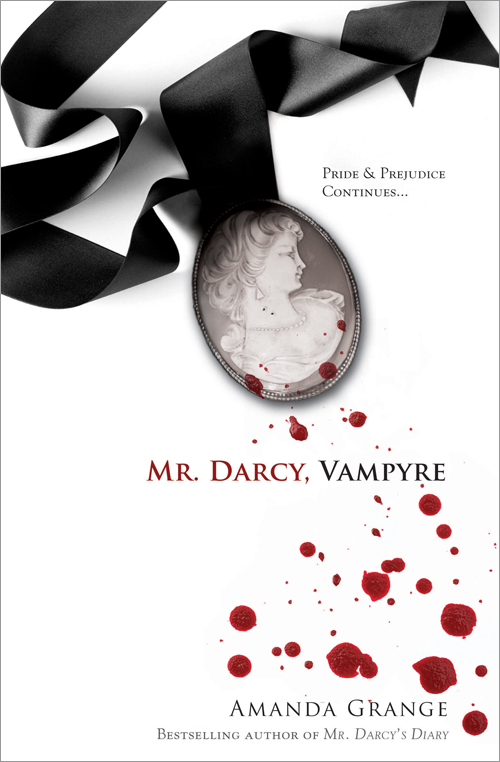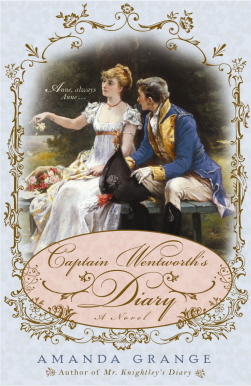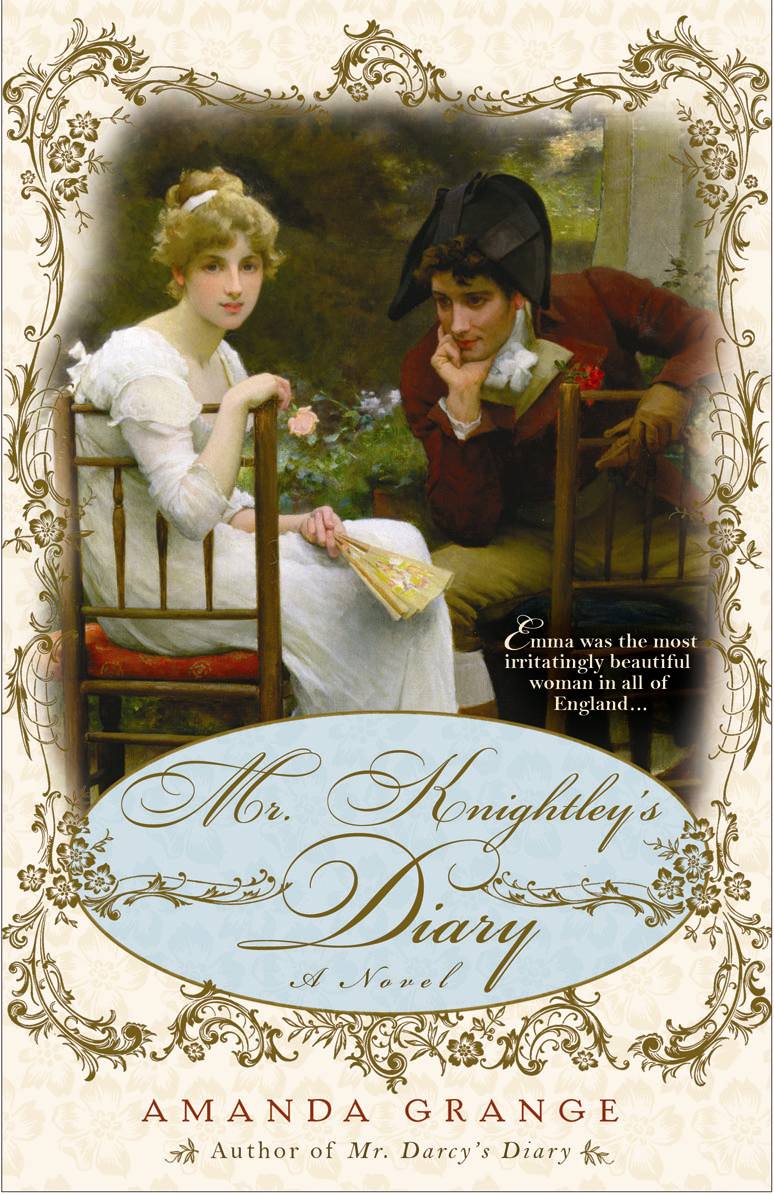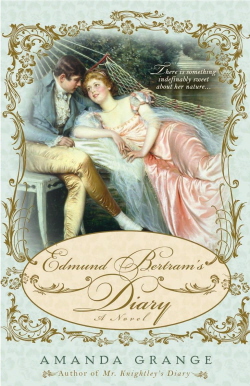


Amanda Grange







Available from your local bookshop or online from Amazon UK Amazon US
Before I begin, I should say that everyone works in different ways, so these tips may not work for you. If they don't, don't be afraid to ignore my advice. But if they do, or if your books keep getting rejected and no one will tell you why, I think you will find them a big help.
If you need a general research book which will answer most of your writing questions about day to day life in the Regency, then The Jane Austen Handbook by Margaret C Sullivan is a good place to start. It's available from Amazon UK by clicking here and from Amazon US by clicking here
Although these tips are aimed at people writing historical romance, most of them can be used (with a little adjustment) to help you write any style of novel.
If you are just starting to write you will probably find that, when you read your manuscript, the wonderful book you had in your head has turned into a jumbled mess, with characters who behave inconsistently, holes in the plot and endless boring bits.
You might also find that you've run out of steam half way through. Don't worry, it happens to us all!
If you don't know where to start, then read the Planning pages first. Otherwise, I recommend that you print out your manuscript so that you can write on it.
Then I suggest that you read through it as a reader, not as a writer. This is difficult, but give it a try. Pretend you have just bought the book, or just brought it home from the library, and then begin to read.
Every time the book disappoints you, make a note in the margin. For example, if your attention wanders, write 'boring.' If you're dissatisfied with a character's behaviour write their name with a brief note, eg 'heroine wimpy'. If you feel the dialogue sounds too modern, write 'dialogue modern.'
Don't attempt to do anything about it at this stage. Simply make your notes and read on. This is so that you don't lose the flow of the book. And if it doesn't seem to flow, write 'flow' in the margin!
Once you've finished reading the entire manuscript, go back to the beginning and start to put the problems right. Don't try to fix everything at once. Set yourself a realistic target for every day, eg 5 pages, or a time limit, eg half an hour, and work accordingly.
Here are some of the most common problems, and some tips on what to do to correct them.

Updated 4th September
Beginnings, or What to do if the opening doesn't grip the reader's attention

Updated 15th November
Characters, or How to make your characters convincing and compelling
Updated 9th October
Entertainment value, or How to stop your book being boring
Getting stuck, or What to do when your book runs out of steam New 9th October New 24th October 2004 New 9th October New 17th October 2004 ****NEW**** 6th February 2005 ****NEW**** 10th February 2005 ****NEW**** 25th February 2005 New 17th October 2004 New 24th October 2004 New 8th August 2007









